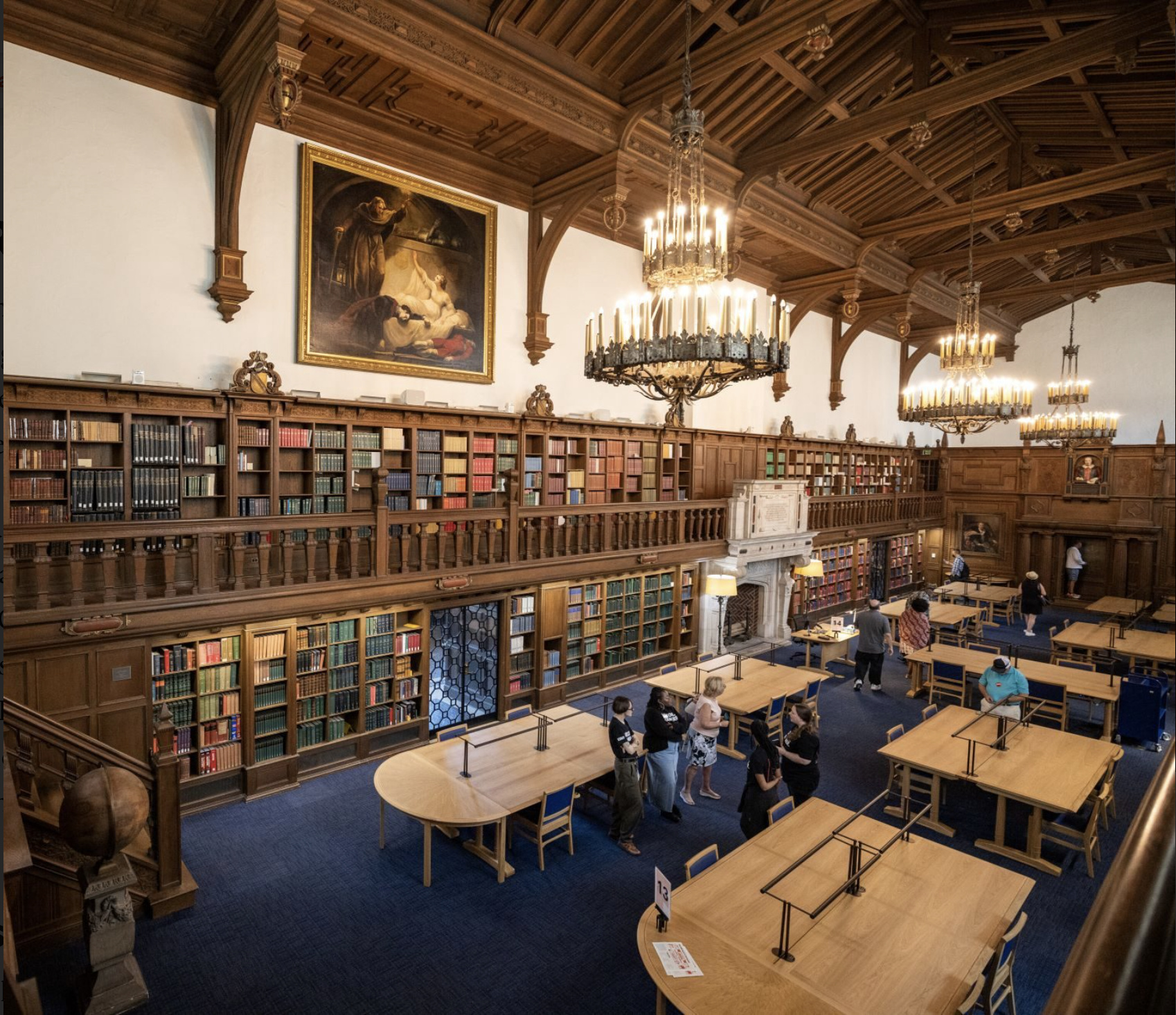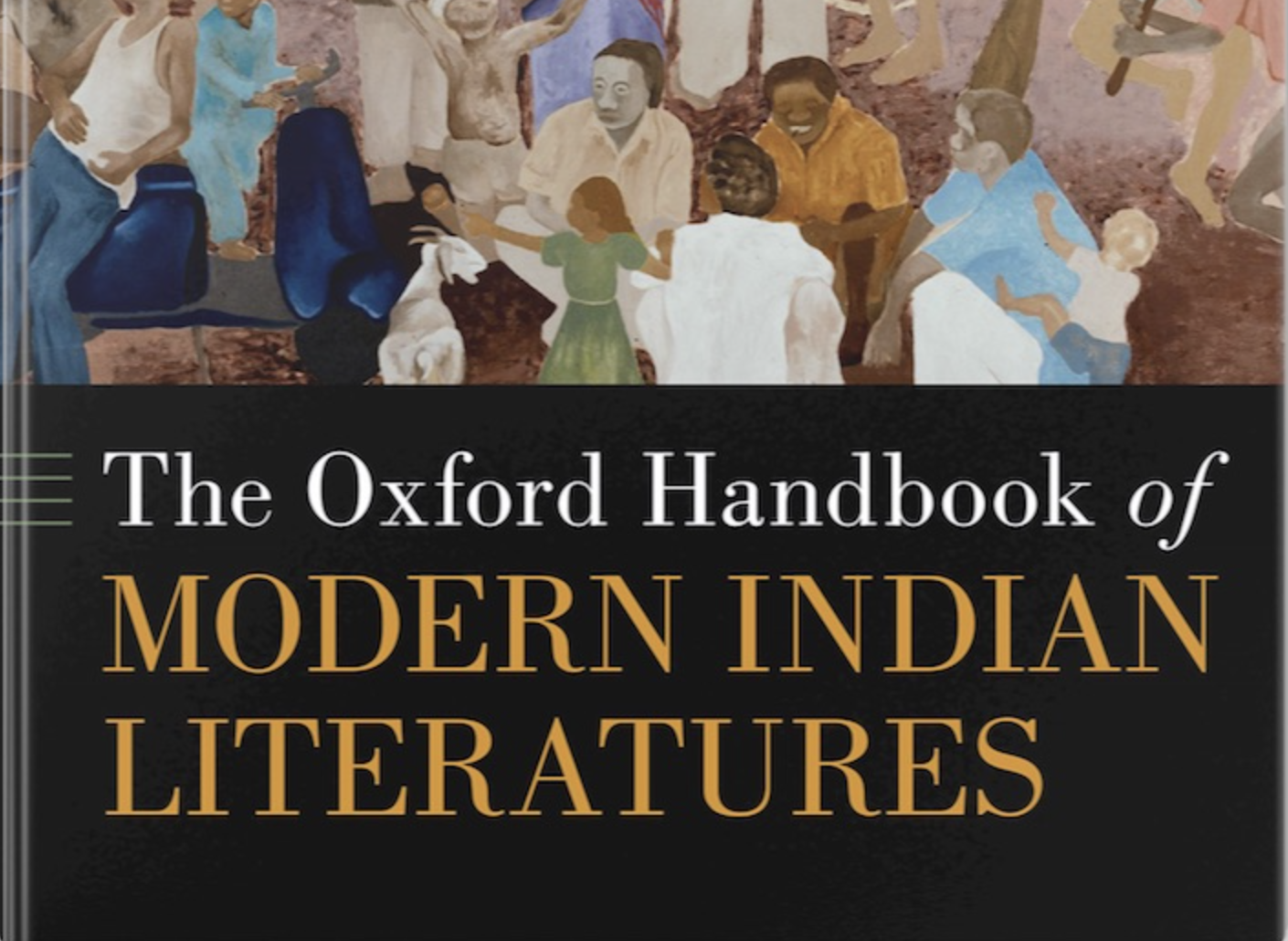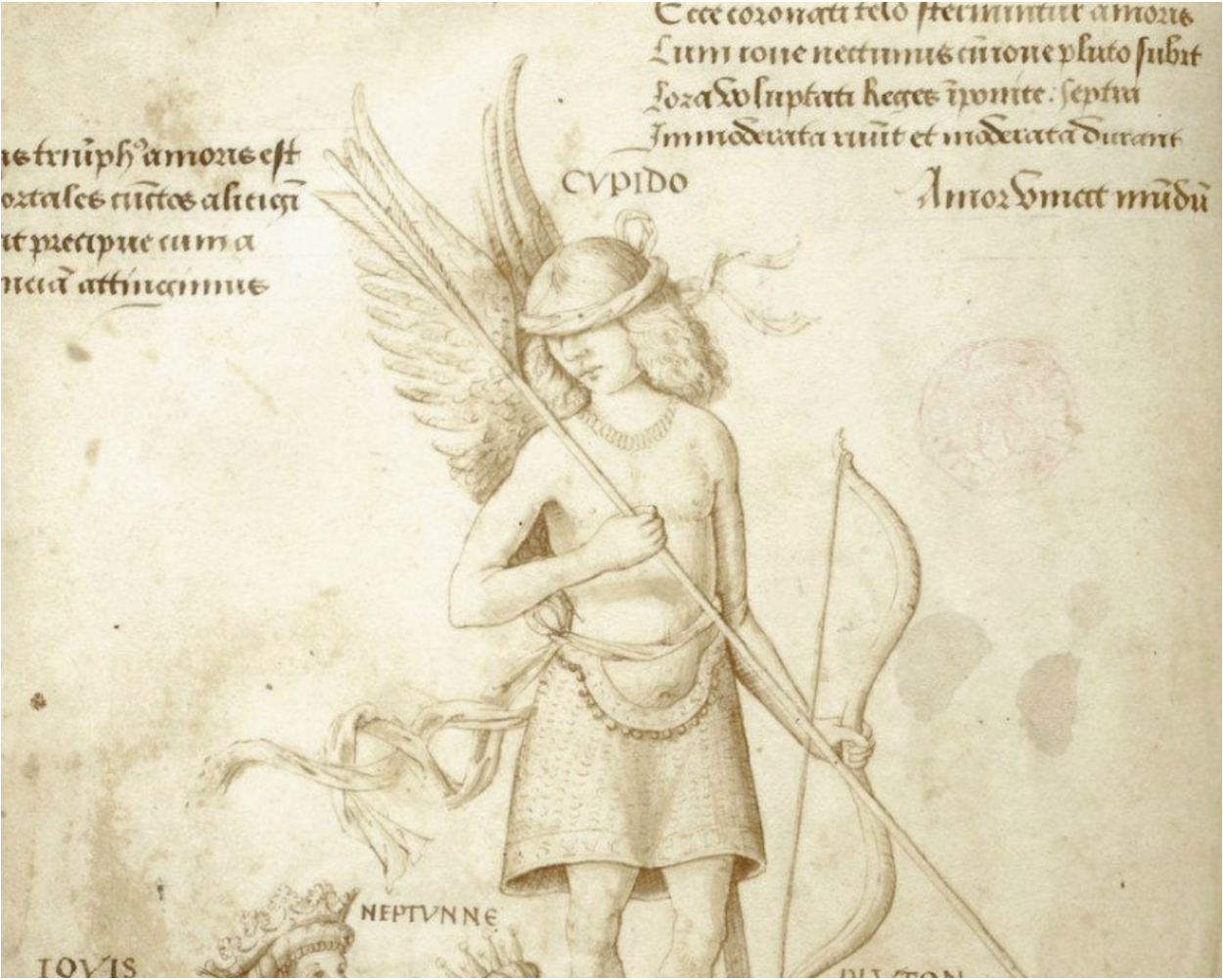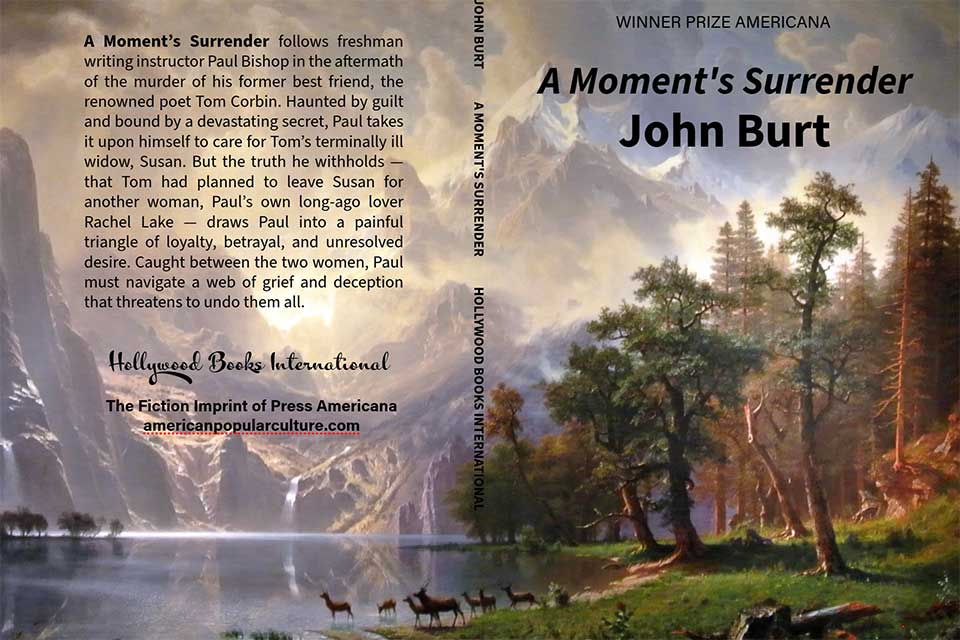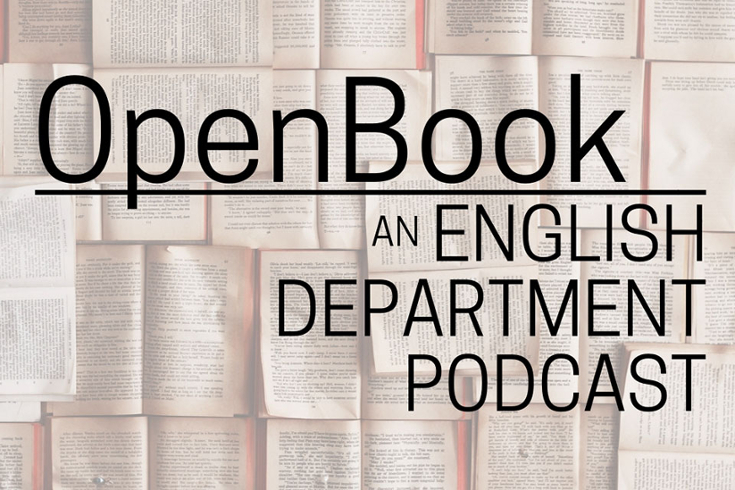Grow through the Challenges of a Rigorous Literary Education
Our courses explore the shapeshifting force of the literary imagination. A rigorous literary education prepares you for projects and professions that involve creativity, cultural research, interpretive sophistication, original writing, historical inquiry, dynamic public speaking, and aesthetic judgment. No algorithm can replace these embodied human skills.
The imaginative texts we confront challenge us to think beyond the present and the self. In their aesthetic force, they create charged situations for us to articulate and revise our ethical commitments, analyze our relations to others, and reckon with the narratives that shape our world. The Department of English is home for students who seek deep understanding of the cultural sphere and its intricate, precarious world-building projects.
Many Genres, Many Inquiries
Collectively, faculty in English hold expertise in dozens of research fields, across genres and media. We create new courses nearly every year to engage the urgent questions that literature continues to pose to us. These are issues that cross disciplines, into psychology, philosophy, social and political theory, environmental studies, film studies, law, history, religious studies, and more. Many of our courses are cross-listed and many of our students also study and work in these other areas. The English major is especially close to the creative writing major, and we cultivate a dynamic exchange between creative writing workshops and academic courses in literary theory and history.
Students in the Department of English have several opportunities to design advanced research projects for both undergraduate and graduate degrees. This intensive research, with careful mentorship and advising, is excellent preparation for making compelling contributions to many professional and intellectual communities.
Degree Programs
The Department of English offers the following degree programs:
